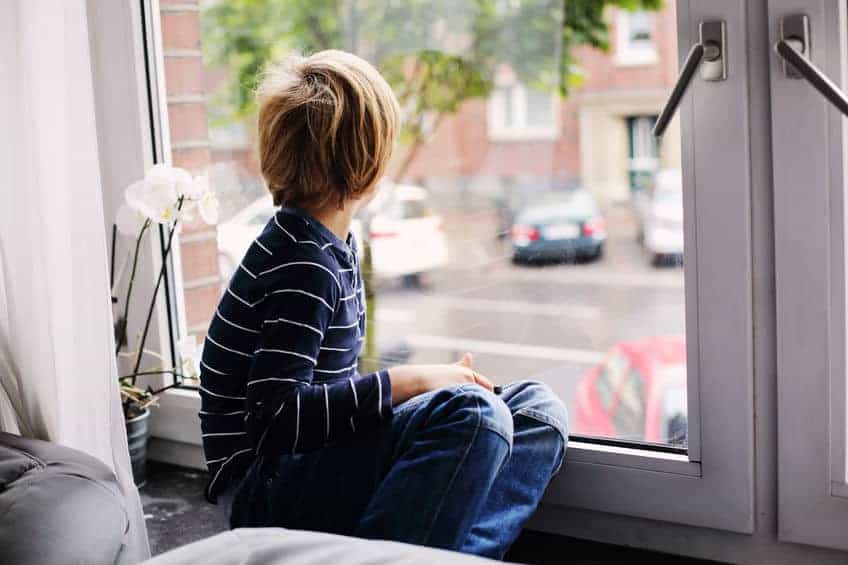Autism Spectrum & Sound Therapy
 The problem
The problem
Autism (or Autism Spectrum disorder – ASD) is a complex neurobiological disorder which affects social and communication skills. Many people on the autistic spectrum also have unusual ways of learning, paying attention, or reacting to sensations.
The cause
A definite cause is not known, but a contributing factor is believed to be distortion in the reception of sensory information. Many children with autism exhibit extreme sensitivity to noise. Some frequencies are actually painful for them to hear. Dr Tomatis suggests that in order to shut out painful sounds or other unwanted stimuli the child closes down the hearing mechanism so that certain sounds cannot penetrate the consciousness. Over time, the middle ear muscles may lose their tonicity. Sounds are then imprecisely perceived and as a result, incorrectly analysed.
How Sound Therapy may help
Sound Therapy not only helps to restore normal listening and processing of sound. It also helps to build new brain connections, sometimes correcting a complex array of sensory processing difficulties. The results for those with autism may include: • Making eye contact – awareness of others • Expressing emotions • Better communication • Improved sensory perception
What it achieves
Sound Therapy may offer a child with autism the opportunity to re-open the listening capacity. The fluctuating sounds produced by the Electronic Ear gradually exercise and tone the ear muscles, teaching the ear to respond to and recognise a wider range of frequencies. As this happens, communication takes on new meanings, and the child begins to respond where before he or she had difficulty relating to others.
Language skills
For children without language, vocalisation has increased, initially as screams and then as babbling. Children who can speak may develop a more appropriate use of language, for instance beginning to use more personal pronouns (“I”, “you”) or first names, and using words to express their feelings. They may begin to laugh and cry at appropriate times. Once children have begun to emerge from their emotional isolation they have shown increasing responsiveness to what they are being taught and to the people who care for them.
For more information, please refer to the book book Why Aren’t I Learning? by Rafaele Joudry .

